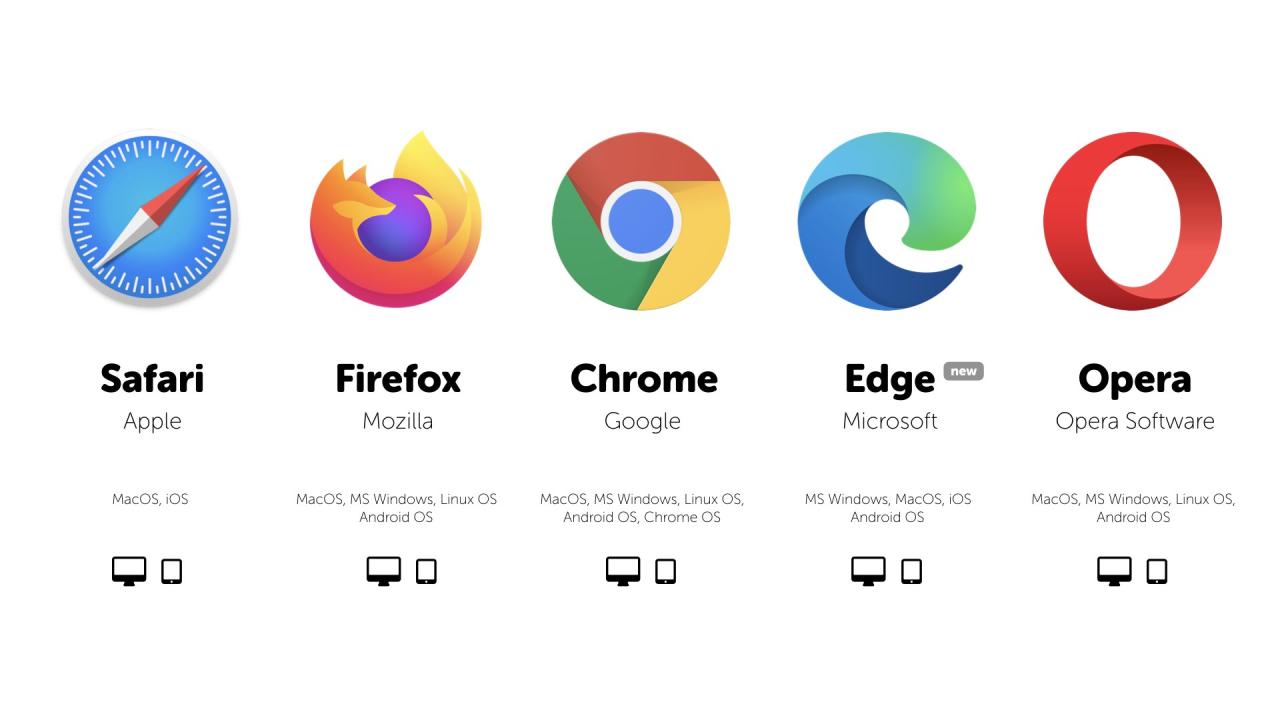Browser games set the stage for this enthralling narrative, offering a fascinating journey through the dynamic world of online gaming. As we delve into this topic, we’ll uncover the most popular genres that captivate players, from mind-bending puzzles to thrilling action and strategic conquests. Each genre brings its own flavor and appeal, making browser games a versatile choice for gamers of all ages.
Additionally, we’ll examine how these games have evolved over time, transitioning from simple Flash creations to sophisticated HTML5 experiences. This evolution, coupled with the advancements in technology, has transformed the way players interact and engage within these games, creating a rich tapestry of social experiences.
Popular Browser Game Genres

Browser gaming has evolved significantly, offering a wide range of genres that cater to various player preferences. These genres have attracted millions of players due to their accessibility and engaging gameplay. Understanding these popular genres helps in appreciating the diverse gaming landscape available online.
The most played genres in browser gaming include puzzle, action, and strategy games. Each genre has distinct characteristics that appeal to different types of players. Puzzle games challenge cognitive skills, action games cater to thrill-seekers, and strategy games engage those who enjoy planning and tactical thinking. Below is a detailed breakdown of each genre along with some top examples.
Puzzle Games
Puzzle games are designed to stimulate the mind, often requiring players to solve problems, complete patterns, or achieve specific goals through logical reasoning. Their simplicity combined with complexity makes them highly addictive and satisfying.
- Bejeweled: A classic match-three game where players swap adjacent gems to create combinations and score points.
- Cookie Clicker: An incremental game focusing on resource management where players click cookies to earn upgrades.
- 2048: A sliding puzzle game that challenges players to combine numbered tiles to reach the elusive 2048 tile.
Action Games
Action games emphasize physical challenges and quick reflexes, often incorporating combat or high-speed gameplay. These games are designed for players looking for excitement and adrenaline rushes.
- Krunker.io: A fast-paced first-person shooter that allows players to engage in multiplayer battles with a variety of weapons.
- Agar.io: A competitive multiplayer game where players control a cell, absorbing smaller cells to grow while avoiding larger ones.
- Slither.io: This game combines snake-like mechanics with competitive gameplay, as players navigate to consume pellets and grow longer.
Strategy Games, Browser games
Strategy games require players to plan and make tactical decisions to achieve victory. These games often involve resource management, territorial expansion, and strategic thinking, appealing to those who enjoy deep gameplay mechanics.
- Little War Game: A real-time strategy game that allows players to build armies and conquer territories in a browser-based environment.
- Forge of Empires: A city-building strategy game where players develop their civilizations from the Stone Age to the modern era.
- Warframe: A cooperative free-to-play action game with elements of strategy, focusing on teamwork and managing resources effectively.
The Evolution of Browser Games

Browser games have come a long way since their inception, evolving from simple, pixelated experiences to rich, immersive adventures that can rival console games. The journey began with basic Flash games, which were accessible and easy to play, capturing the attention of casual gamers. As technology progressed, these games transformed into more complex forms leveraging modern web standards like HTML5, enabling a broader range of gameplay mechanics and graphics quality.
The significant advancements in technology, especially in web development, have played a crucial role in enhancing browser gaming experiences. With the decline of Flash due to security concerns and the rise of HTML5, developers have been able to create games that not only run smoothly across multiple devices but also offer impressive graphics and engaging gameplay. This transition has allowed for features such as multiplayer interactions and real-time updates, enhancing the overall gaming experience.
Comparison of Early and Modern Browser Games
The differences between early browser games and contemporary titles are striking. A table can illustrate these differences effectively, showcasing how advancements have shaped the gaming landscape.
| Feature | Early Browser Games | Modern Browser Games |
|---|---|---|
| Technology | Flash-based | HTML5, WebGL |
| Graphics | Basic 2D graphics | High-quality 2D/3D graphics |
| Accessibility | Limited to desktop browsers | Cross-platform (mobile, tablets, desktops) |
| Gameplay Complexity | Simplistic mechanics | Advanced mechanics, multiplayer options |
| Monetization | Ad-supported | Free-to-play, microtransactions |
The evolution from Flash to HTML5 and beyond has not only improved visual fidelity but also allowed for more intricate and engaging gameplay experiences. As technology continues to advance, browser games are likely to push the boundaries of what is possible, offering players richer worlds to explore and enjoy.
Social Interaction in Browser Games

The landscape of browser games has evolved significantly, particularly in terms of social interaction. Multiplayer features not only enhance player engagement but also foster a sense of community and collaboration among users. As gaming has moved online, the ability to share experiences and connect with others plays a crucial role in the overall enjoyment of these games.
Multiplayer functionalities allow players to join forces, compete against one another, and build relationships, making gaming a shared experience. This aspect of social interaction is essential as it can lead to increased player retention and a more vibrant gaming community. A robust social component can transform a simple game into a thriving ecosystem where players feel valued and connected.
Importance of Community Building and Player Interaction
Creating a strong community around browser games enhances player loyalty and engagement. The following points Artikel the significance of community building and interaction in the browser gaming world:
- Player Collaboration: Many browser games promote teamwork, requiring players to work together to achieve common goals, which fosters camaraderie.
- Competitive Play: Leaderboards and tournaments encourage healthy competition, motivating players to improve their skills while engaging with others.
- Social Events: In-game events, such as festivals or competitions, provide opportunities for players to interact and celebrate their achievements collectively.
- Forums and Discussion Boards: Many games have dedicated forums where players can share strategies, discuss game mechanics, and build friendships outside the game.
- Player-Generated Content: Allowing players to create content, such as skins, levels, or story arcs, can make them feel invested in the community.
Browser Games That Prioritize Social Features
Numerous browser games emphasize social features to enhance player engagement and community building. Below is a list of notable games that exemplify this trend, along with a brief overview of each:
- Town of Salem: A murder mystery game that encourages players to work together to uncover the identities of the killers while engaging in debates and strategic discussions in real-time.
- Club Penguin Rewritten: A revival of the classic Club Penguin, this game allows players to socialize in a virtual world, participate in mini-games, and attend multiplayer events, fostering a sense of community.
- Krunker.io: A fast-paced first-person shooter that combines multiplayer action with chat features, enabling players to form teams and compete in a lively gaming environment.
- Roblox: Although primarily a platform for user-generated games, Roblox allows players to interact through chat features, collaborate on projects, and engage in social activities within various game worlds.
- Little Big Snake: A multiplayer snake game that allows players to compete against each other while also providing avenues for communication and interaction, such as forming alliances.


